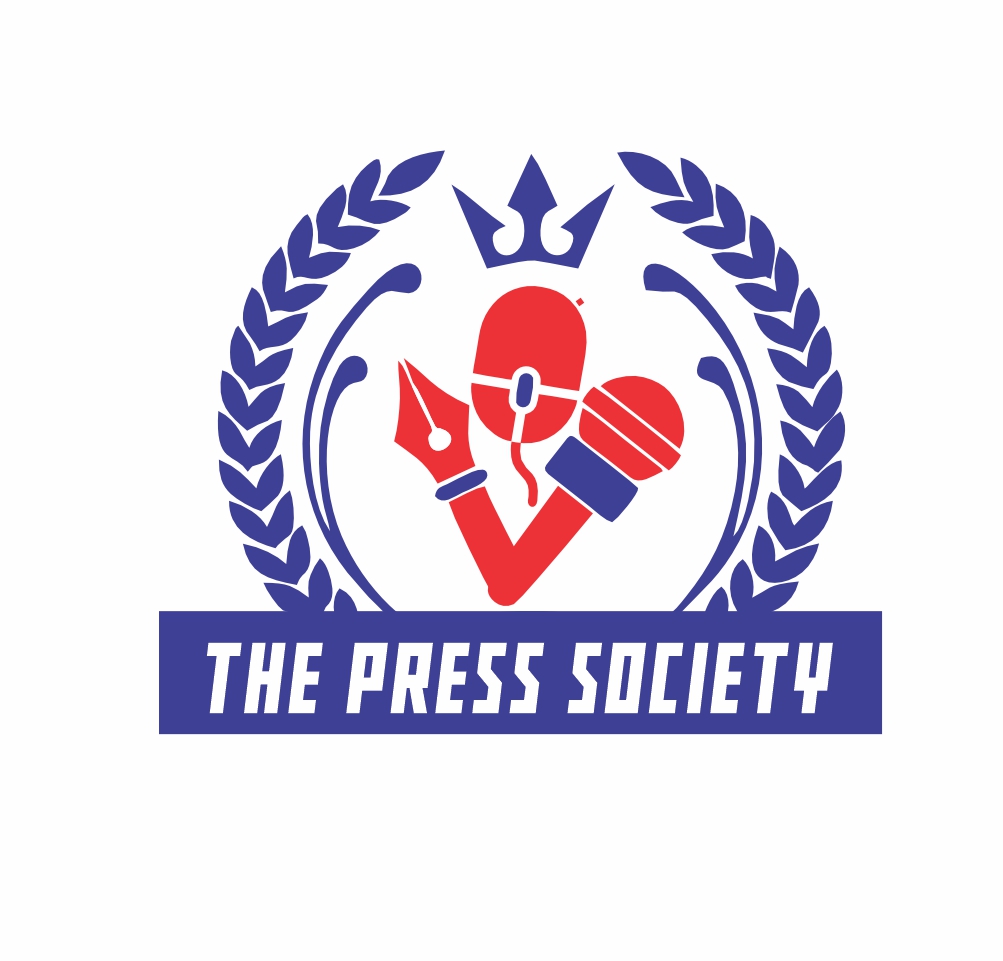 Segun Sowunmi, a senior chieftain of the Peoples Democratic Party (PDP), has issued a stern warning to Labour Party presidential candidate in the 2023 elections, Peter Obi, urging him to tread cautiously with respect to ongoing discussions about a proposed opposition coalition ahead of the 2027 general elections.
Segun Sowunmi, a senior chieftain of the Peoples Democratic Party (PDP), has issued a stern warning to Labour Party presidential candidate in the 2023 elections, Peter Obi, urging him to tread cautiously with respect to ongoing discussions about a proposed opposition coalition ahead of the 2027 general elections.
Speaking in an interview on Thursday, May 23, 2025, Sowunmi expressed concerns that certain political actors and groups promoting the idea of a “mega opposition coalition” may be more interested in riding on Obi’s popularity than in forming a truly ideological or policy-driven alliance.
“My advice to Peter Obi is to be vigilant. Some of these coalition advocates may only be seeking to leverage his credibility and mass appeal without sharing his vision or values,” Sowunmi stated.
He noted that while coalition politics is essential for weakening the grip of the ruling All Progressives Congress (APC), it must be built on mutual respect, ideological clarity, and a clear agenda for national development — not opportunism.
“Obi should not allow himself to be used as a political ladder for individuals or parties that have no genuine plan for reforming the country,” he added.
Sowunmi, who has been vocal about the need for political realignment in Nigeria, said that while he supports unity among opposition parties, it should not come at the cost of integrity or public trust.
Peter Obi, who emerged as a major political force in 2023 after placing third in the presidential race and winning in several states previously dominated by the PDP and APC, has become a key target for possible alliances aimed at building a strong alternative bloc for 2027. His rising influence, especially among young voters and urban dwellers, makes him a desirable partner for any coalition seeking to unseat the incumbent administration.
However, as negotiations and political realignments gain momentum, voices like Sowunmi’s raise important questions about the true motives behind some of these overtures.
Political observers say Sowunmi’s comments reflect lingering tensions within the opposition landscape, particularly between the older establishment parties like PDP and emerging forces like Labour Party, which have different approaches and support bases.
As talks of opposition mergers and alliances continue, Peter Obi and his team are expected to weigh potential partnerships carefully. Key factors likely to influence any future decisions include the structure of the proposed coalition, leadership arrangements, policy agreements, and the ability to present a unified message to the Nigerian electorate.
In the coming months, political consultations are expected to intensify, with the PDP, Labour Party, SDP, NNPP, and other platforms exploring possible alignments. Whether such efforts can overcome past ego clashes and ideological dissonance remains to be seen.




